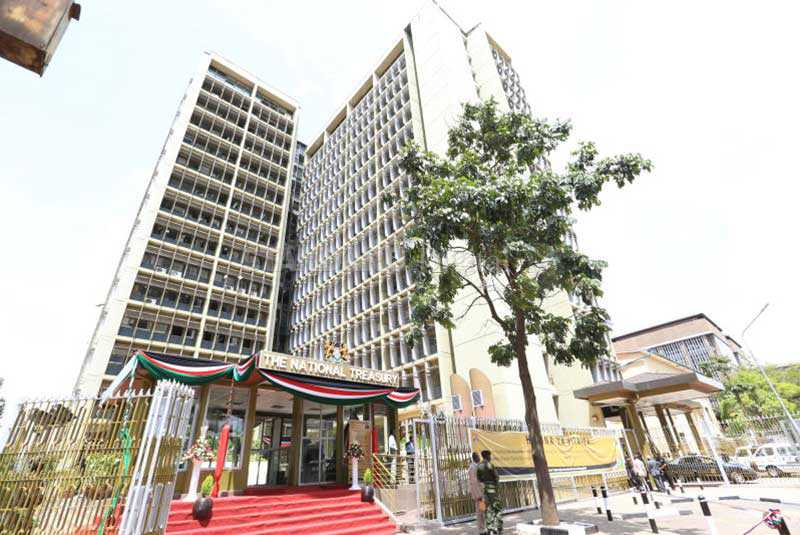×
The Standard e-Paper
Kenya’s Boldest Voice

The decision by NASA not to recognise Uhuru Kenyatta as President poses a risk to your investment in the Eurobond.
This is the word of caution that four banks that helped Kenya sell its Sh200 billion Eurobond gave to mostly American and European investors that sunk money in the 10 and 30-year dollar bond.